For starters, Kevin's got a
good crunching of the numbers up at BCR. If you're interested in Durham politics, you should bookmark it.
I'm going to eventually disagree with some of his conclusions because if i didn't, well, i'd have nothing to say, right?
The Easy RacesDianne Catotti and Eugene Brown were the only council candidates to be named on over 50% of the ballots. That makes sense. They both enjoyed broad support from across the political spectrum, they're both incumbents whose tenure on the council has been commendable. The council race was always going to be about who landed the third seat, and we'll talk about that more later.
The bond issues were similarly supported and all passed by wide margins, the Life and Science Museum bond the only one failing to attract 70% support. That probably reflects a lack of familiarity with the museum among parts of the population. Basically, if you don't have kids or grandchildren under the age of twelve, the Museum is probably not even on your radar.
I want to also add my .02 about the city's road repair bond.
Durham has not, in the time i've lived here, had any difficulty in getting bond issues passed. (The stadium bond/COPs plan was just before my time.) The problem has been actually spending that money. Much of the 1996 park bond monies weren't spent until 2001 or later, and i think it was Kevin who pointed out that some of the 96 money was still being spent. Unfortunately, the longer you wait to spend bond funds, the less you can buy with them. This is especially true when it comes to construction, as prices for steel and concrete have increased at rates much higher than overall inflation the past decade. It's also a problem that so much of the revenue raised in Durham bond issues goes to maintenance and repair. Infrastructure maintenance, repair, and even incremental upgrades to systems are items that should be budgeted for out of general revenues. Borrowing needs to be confined to capital investment and new infrastructure. If Durham continues to fund repairs by borrowing, two things will eventually happen. First, voters will stop rubberstamping new bonds. And second, new projects will be put on hold even longer than they are now, increasing citizen dissatisfaction with the government. This isn't inevitable, but the city really needs to shift gears with the way it deals with bond monies.
The Harder RacesThe two contested races, for mayor and for the third council seat, especially the latter, were where all the action was. Let's start there.
Here's the primary results for the candidates who finished third through sixth:
Farad Ali . . . . . . . . . . 4,962 13.74
Laney Funderburk . . . . . . . . 3,775 10.45
David Harris . . . . . . . . . 3,414 9.45
Steve Monks. . . . . . . . . . 3,225 8.93
Ali's strong showing in the primary was the result, i think, of his early backing by key members of the progressive community who were, to a greater or lesser extent, affiliated with the Democratic Party. Steve Schewel, former publisher of the Independent Weekly comes to mind as one of the most prominent. David Harris, on the other hand, had to wait until after the primary reduced the field to three Democrats before he was able to benefit from party GOTV efforts.*
The order of the primary finish, in which Republican Laney Funderburk actually edged ahead of Harris for fourth place, created a dilemma in the minds of some voters, namely that if progressives split their votes between Harris and Ali, would that create an opening for Funderburk to sneak in and grab a seat on council? One local activist sent an email out yesterday alluding to precisely that scenario in encouraging votes for Ali:
I prefer David Harris for that third seat. I've seen a candidate forum and talked to folks and I remain lukewarm on Ali. Since Harris and Ali are in direct competition for that third seat, I considered voting ONLY for Catotti and Harris. However, Funderburk is also a serious contender. He's a conservative with no real strong sense of city functioning -- it's basically a protest campaign and he's running so that Stith will have some conservatives on council.
So withholding my vote for Ali (to help Harris) might contribute to Funderburk getting in, and I don't want that.
Finally, toward the end of the campaign, Ali started picking up financial support from some of Thomas Stith's backers, and there were rumors that Stith himself was encouraging his supporters to vote for Ali.
Kevin is of the opinion that Farad Ali's endorsement by the Durham Comittee on the Affairs of Black People, and their lack of endorsement of David Harris, was the contributing factor in determining the outcome of the race. Here's where we disagree. I think that Ali's early progressive backing and strong showing in the primary were significant contributing factors. Without those, i don't think the Committee's endorsement alone would have been enough to put Ali on the Council.
The question now, for Ali, is having won a seat, what will he bring to the table? Will he show why so many progressives backed him early, or will he lean towards those conservatives who contributed heavily to his campaign in the stretch run?
The other contested race on yesterday's ballot was the mayor's race. Incumbent Bill Bell ended up with a solid 58 - 42 victory over Councilman Thomas Stith, whose Republican star would appear to be fading. There are two ways to look at this race. One is that despite a 1-4 disadvantage in voter registration, the Republican Stith managed to achieve a respectable showing. I don't think that's a serious analysis though, for a couple of reasons. First is that Stith essentially ran away from his Republican base. He didn't trumpet his conservative bona fides on the campaign trail, especially after his initial foray into conservative hot-button issues like illegal immigration blew up in his face. I think he achieved his 42% by denying his affiliation, not embracing it. That's not going to be a model for Republicans to run on in future elections, especially those in which partisanship actually counts. The second reason is that when all the receipts are finally tallied up, we'll find that Stith outspent Bell by somewhere around 5-1. He ran an extremely well financed campaign, and raised the bar for Durham elections in years to come. And still only attracted 42% of the vote. So maybe not so respectable after all.
The other way to look at the race is that Bill Bell faced his strongest challenger since defeating Nick Tennyson by a relative handful of votes 6 years ago, and put together a winning coalition. Thomas Stith raised serious issues of Durham's problems, and attempted to lay them at the feet of the incumbent. A majority of Durham's voters understand that our problems are community based, and that one man or woman can neither bring them to pass nor solve them by force of will. These election results show that at least a strong segment of the citizenry is willing to work together to fix our problems, rather than cast about for a scapegoat to blame. That's good news, as far as i'm concerned.
Finally, what Durham voters did last night was swap Thomas Stith for Farad Ali on the city council. While i would have preferred that David Harris would be sitting in that seat come December, i'm hopeful that the trade will at least prove an upgrade.
=====================
* One of the consequences of a "non-partisan" municpal election is that the political parties do not hold primaries, and therefore cannot run official candidates. There were four registered Democrats in the council primary, and the Democratic Party would have been unable to endorse only three of them had all four survived the primary. The Republicans, on the other hand, essentially ran a slate of three candidates (remember those red signs with "Funderburk, Parrish, Monks?" That was the Republican slate.) Makes you wonder exactly why Victoria Peterson changed her registration from Republican to Democrat earlier this year.
Labels: 27701, Durham, elections, local politics
Continue reading Election dissection
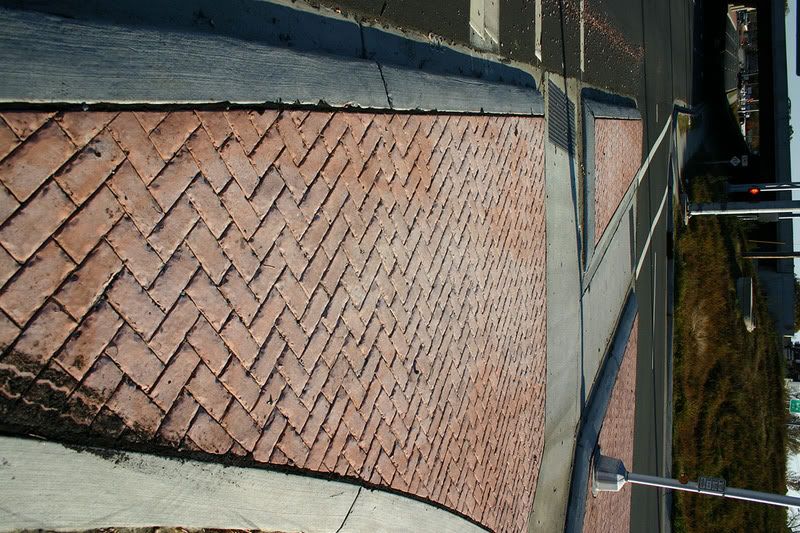

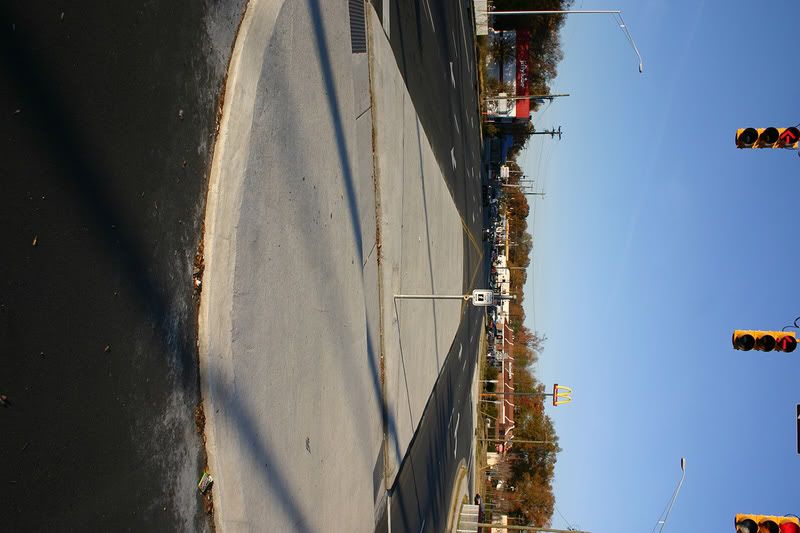

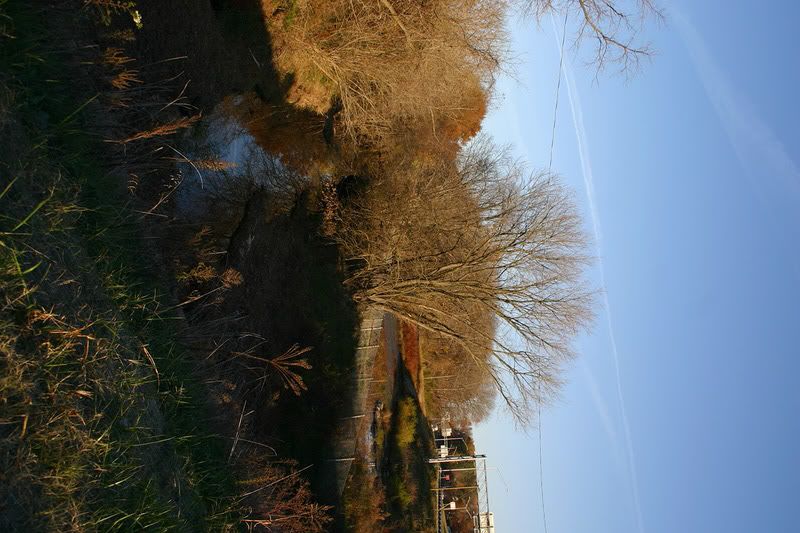
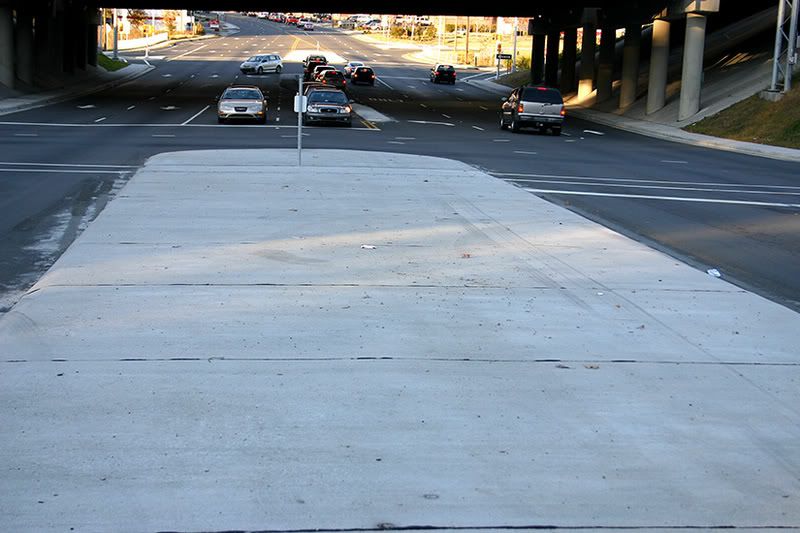
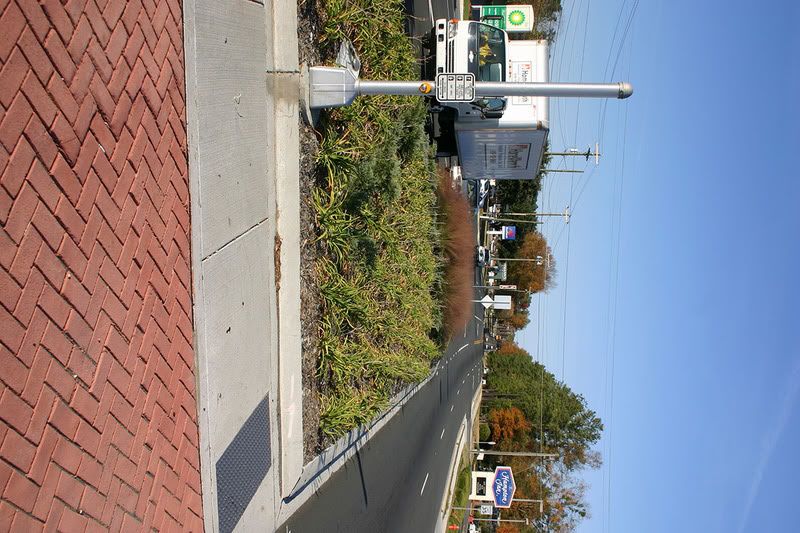

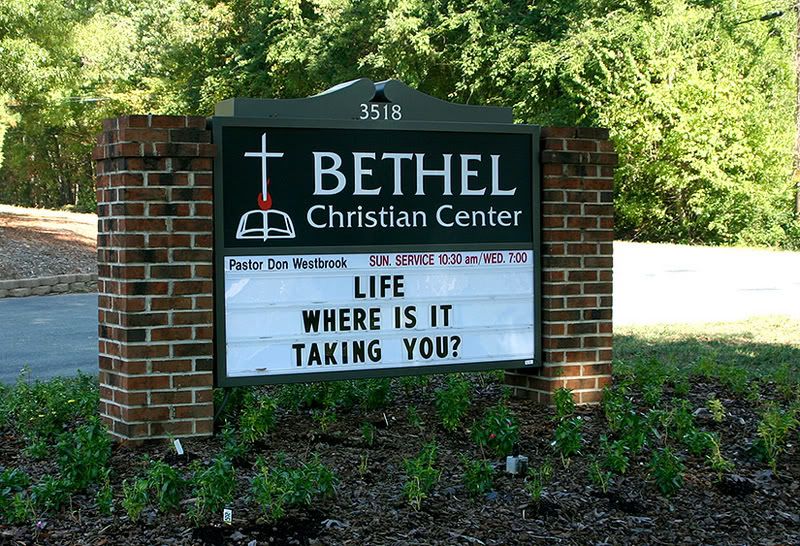
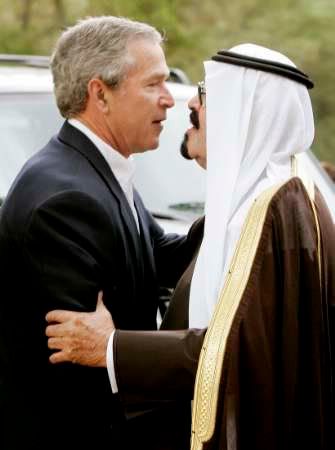
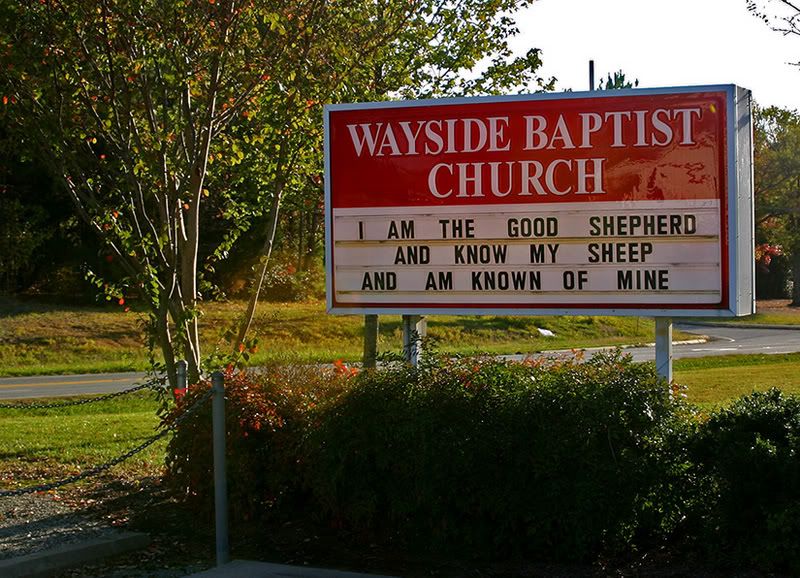

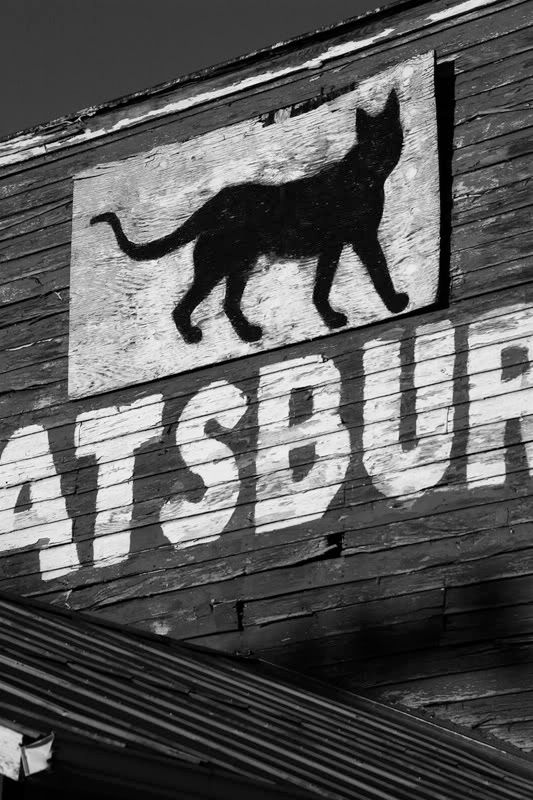

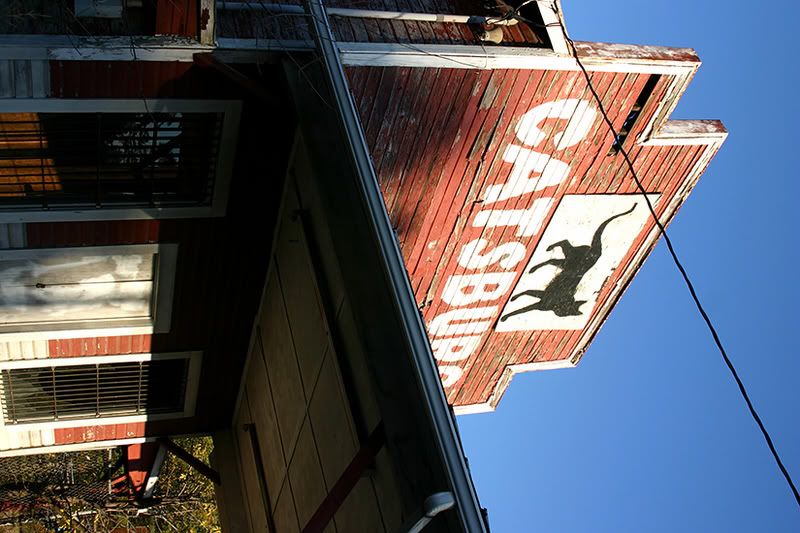


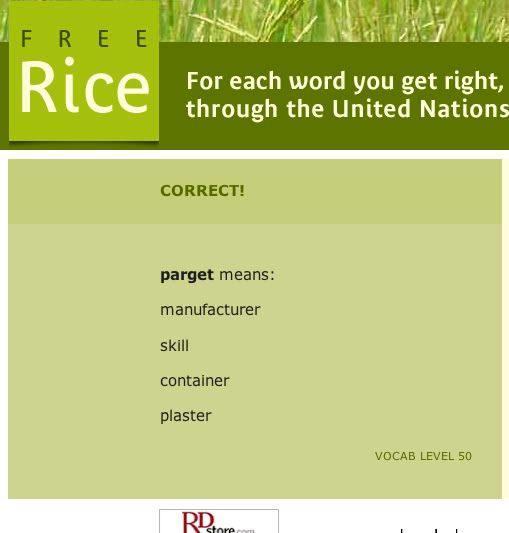
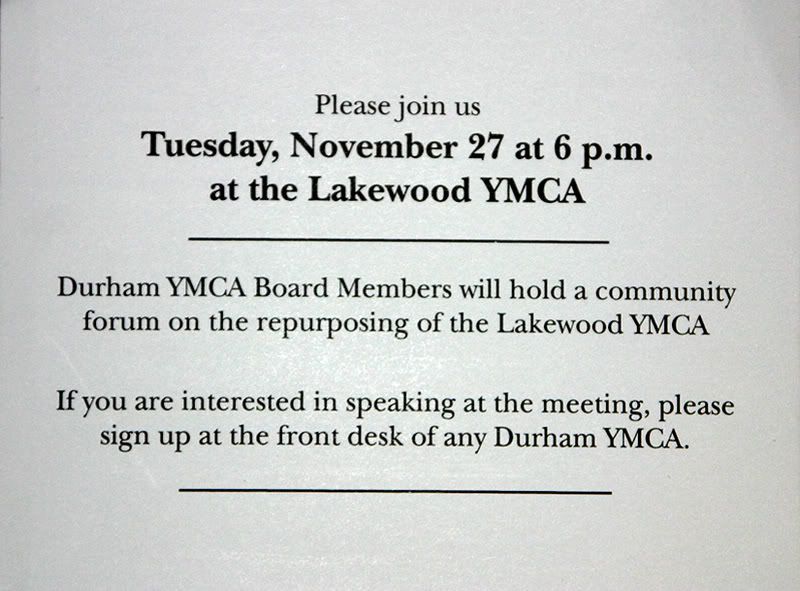
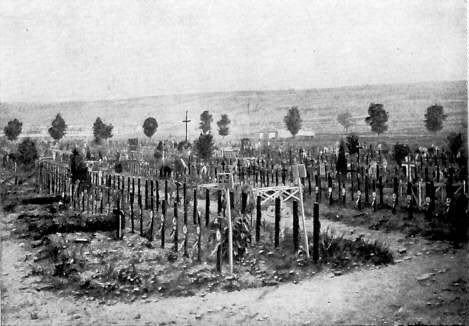
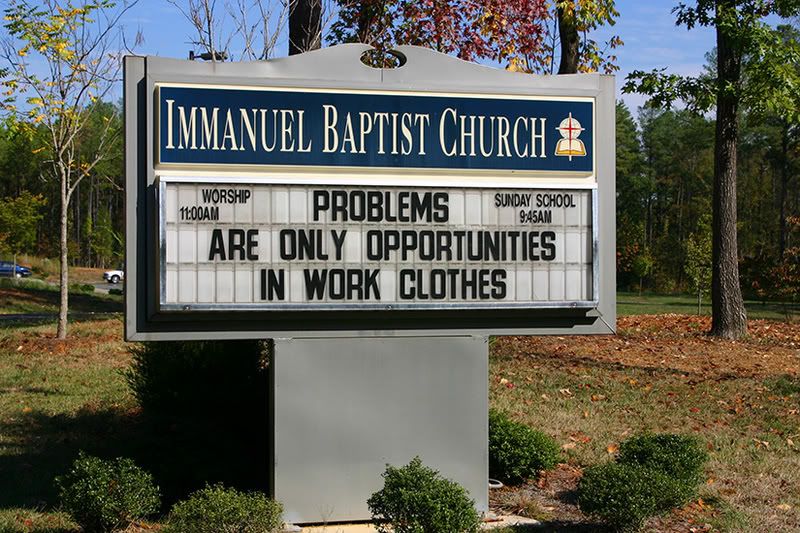
 Since 1949, Durhamites have slept soundly, secure in the knowledge that, in our town, erection can be depended upon. Now, thanks to the power of the internets, we can spread that security all over the world.
Since 1949, Durhamites have slept soundly, secure in the knowledge that, in our town, erection can be depended upon. Now, thanks to the power of the internets, we can spread that security all over the world.
